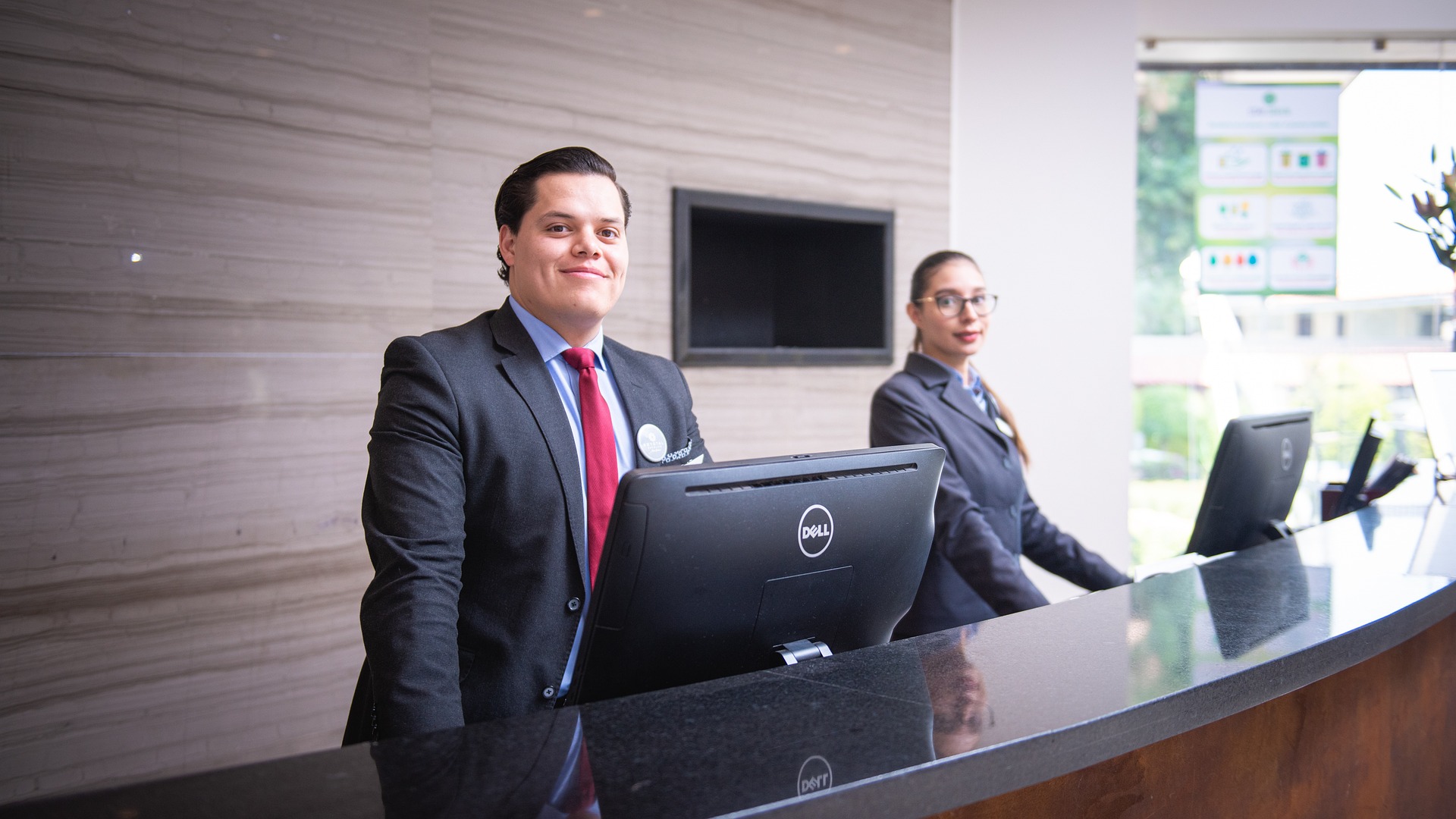
Ideas do not spread in vacuum, they need to be watered and fertilized and cared for. Young men of any race or religion, with time on their hands tend to get into trouble. Consider the facts: of the 90 million Arab youth today (between the ages of 15 and 24), 14 million are unemployed. In Indonesia, some areas have unemployment over 40%. “There’s not enough jobs and not enough hope,” Jordan’s King Abdullah told the audience at the Davos Economic forum. During the past 20 years there have been 16,000 more patents registered for new inventions in South Korea alone, than all of the Arab world.
Thomas Friedman of the NY Times writes,
“The war of ideas among Muslims can only be fought and won by their own forces of moderation, and those forces can only emerge from a growing middle class with a sense of dignity and hope for the future. Young people who grow up in a context of real economic opportunity, basic rule of law and the right to speak and write what they please don’t usually want to blow up the world. They want to be part of it.”
There is a dire need to give Muslims an opportunity to get more than an Islamic education, but when the only school in your city or village is the fundamentalist religious school, where will you send your 6 year old to learn?
Prior to meeting peoples spiritual needs Jesus often fed and healed the people. It was a practical way of demonstrating He was truly seeking the well-being of each individual. His care of bodily needs opened hearts to spiritual needs. Some workers still emphasize providing food and medicine as a means of winning friends so as to share the Gospel. This is a good strategy, but as more and more countries are cancelling mission visas, this is becoming a less and less workable strategy. One charity worker who provides food for several hundred hungry people each day told me, “My NGO is getting no where. Every day we feed the same people. We are helping people to survive but we are not providing a solution to their poverty. They are totally dependent on us. We need help creating jobs which will employ and empower the people to make their own choices.” In addition, like most Westerners, unreached peoples and their governments abhor being seen as charity cases. So how do we give them back their dignity? For starters we can help them provide for their families, in ways that are independent of us. That means, “jobs.”
Jobs create wealth, wealth creates independence, independence creates choices.
Given choices – one of those choices may be Jesus. Right now the unreached have no choices and so Jesus is not an option to be considered – He is not on anyone’s radar. How do we get Jesus on peoples’ radar? Create choices. The solution begins with a job, not a hand out.
![]()
PATRICK LAI and his family have worked in SE Asia for over 37 years. His experience in doing business with Jesus has brought him to understand the meaning of work and worship in the marketplace. He started 14 businesses in four countries, six of which are still operating. Patrick and his wife, May, mentor and coach businesspeople working where there are few or no Christians. Check out Patrick’s latest book, Workship, now available in paperback and e-book.
- Blog Home
- /
- Patrick Lai
- /
- A SOLUTION FOR REACHING...
